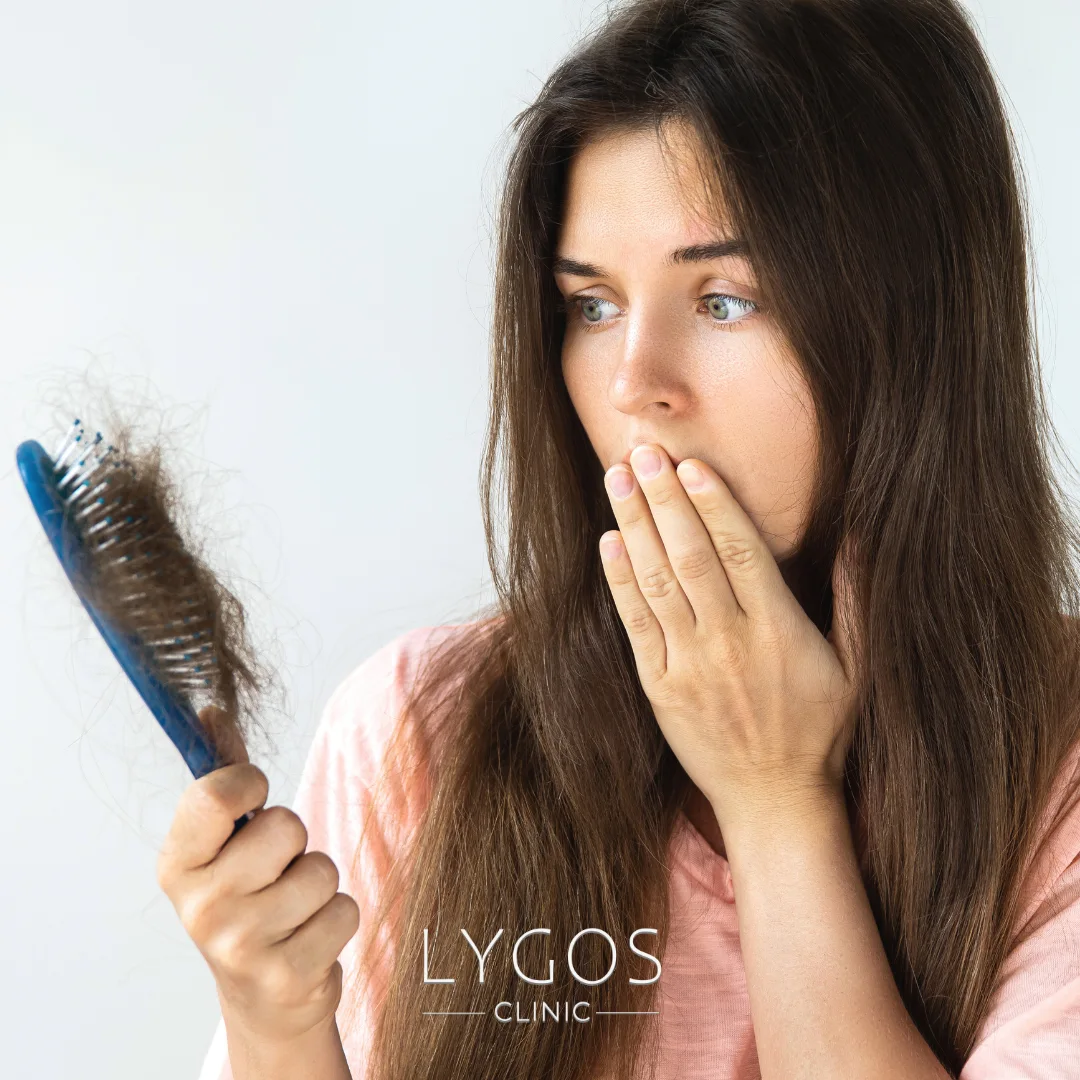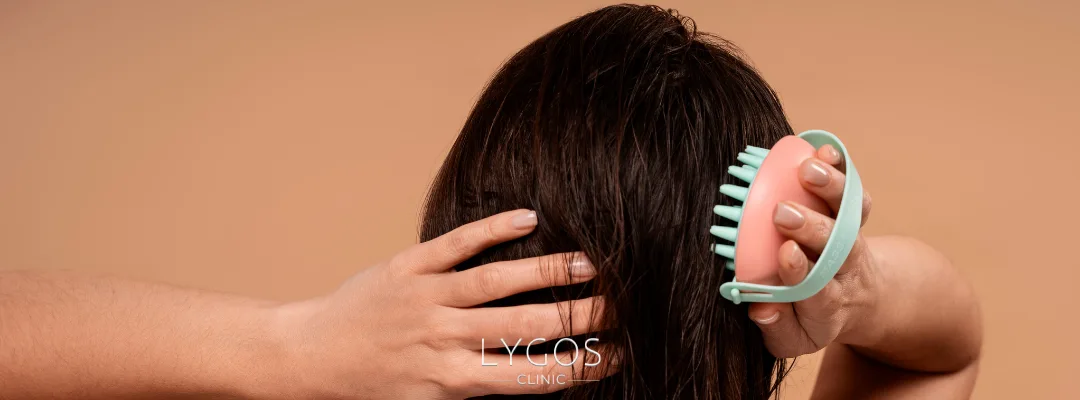Measures to Prevent Seasonal Hair Loss

Chose Your Topic
Measures to Prevent Seasonal Hair Loss
Hair loss is an important aesthetic and health issue for both women and men. Many people notice that their hair falls out more than usual, especially during seasonal transitions. This condition is mostly temporary and natural. However, it is possible to reduce seasonal hair loss with certain precautions. In this article, we will discuss measures to prevent seasonal hair loss in detail.

What is Seasonal Hair Loss?
Seasonal hair loss is a condition that is more commonly observed during transitions from summer to autumn or from winter to spring. Hair naturally goes through growth, resting, and shedding phases. Seasonal hair loss occurs when this cycle accelerates due to seasonal changes.
The intensity of hair loss varies from person to person, but it’s important to remember that seasonal hair loss is usually temporary. However, for hair loss that persists for a long time, consulting a dermatologist or hair specialist is recommended.
Seasonal Causes of Hair Loss
There are several causes of seasonal hair loss, including:
- Weather Changes: Sudden changes in temperature or humidity can affect hair follicles.
- UV Rays: Excessive sun exposure in summer can dry out hair and cause breakage.
- Vitamin Deficiencies: Lack of B vitamins and iron can increase hair shedding.
- Stress and Sleep Patterns: Seasonal transitions may trigger psychological stress, which can increase hair loss.
- Hormonal Changes: Seasonal hormonal fluctuations, especially in women, can affect hair health.
Although these factors cannot completely prevent hair loss, their effects can be reduced with appropriate measures.

How to Prevent Seasonal Hair Loss
Measures to prevent seasonal hair loss aim to strengthen hair and reduce shedding. Key methods include:
- Regular Hair Care: Washing hair gently 2-3 times a week helps maintain healthy hair follicles.
- Correct Shampoo and Conditioner Use: Products containing natural oils and vitamins should be preferred.
- Scalp Massage: Massaging the scalp several times a week increases blood circulation and strengthens hair follicles.
- Reducing Heat Usage: Frequent use of blow dryers, curling irons, and straighteners can cause hair breakage and loss.
- Stress Management: Yoga, meditation, and regular sleep are among the most effective methods to prevent seasonal hair loss.
When applied consistently, these practices can significantly reduce the seasonal effects on hair loss.
Nutrition for Healthy Hair
Hair health largely depends on diet. Proper nutrition is one of the most important measures to prevent seasonal hair loss. Recommendations include:
- Protein Intake: Consume foods rich in keratin protein, the building block of hair (eggs, milk, yogurt, legumes).
- Vitamins and Minerals: Deficiency in B vitamins, zinc, iron, and biotin increases hair loss. Therefore, vegetables, fruits, and nuts are important.
- Omega-3 Fatty Acids: Fish, walnuts, and flaxseed nourish hair follicles and reduce shedding.
- Adequate Water Intake: Drink at least 2 liters of water daily to maintain hair moisture balance.
Healthy nutrition strengthens hair and helps reduce hair loss.

Natural Remedies at Home
Natural methods are among the most preferred ways to combat seasonal hair loss. Effective remedies include:
- Onion Juice: Strengthens hair follicles and improves blood circulation.
- Coconut Oil: Moisturizes hair and prevents breakage.
- Aloe Vera: Soothes the scalp and reduces hair loss.
- Green Tea: Its antioxidant properties nourish hair follicles.
- Olive Oil Mask: When applied 1-2 times a week, it can significantly reduce hair loss.
When used regularly, these natural solutions support hair health and help prevent seasonal shedding.
Habits to Avoid
Avoiding habits that negatively affect hair health is critical in preventing seasonal hair loss:
- Excessive Chemical Treatments: Hair dye, perm, and bleach weaken hair follicles.
- Frequent Styling: Reduce the use of curling irons, blow dryers, and straighteners.
- Poor Diet: Fast food and sugary foods negatively impact hair health.
- Insufficient Sleep: Adequate sleep is essential for hair follicle regeneration.
- Stressful Lifestyle: Psychological stress is one of the main triggers of hair loss.
Staying away from these habits is very important in preventing seasonal hair loss.
Seasonal hair loss is usually temporary and natural. However, with daily care, proper nutrition, and healthy lifestyle habits, this shedding can be significantly reduced. By regularly following the measures outlined above, it is possible to keep your hair stronger and healthier. Remember, hair health is part of a whole; patience and consistency are key to achieving the best results.
Measures to Prevent Seasonal Hair Loss Frequently Asked Questions (FAQ)
Seasonal hair loss usually lasts 2 to 3 months. After this period, hair shedding decreases naturally. If it continues beyond 4 months, it is advisable to consult a dermatologist.
It may not always be possible to completely prevent it, but taking preventive measures can significantly reduce hair shedding.
Biotin, vitamin B12, vitamin D, zinc, and iron are important for hair health. A balanced diet providing these nutrients can reduce hair loss.
Yes. Natural shampoos free of sulfates and parabens do not irritate the scalp and help strengthen hair follicles.



